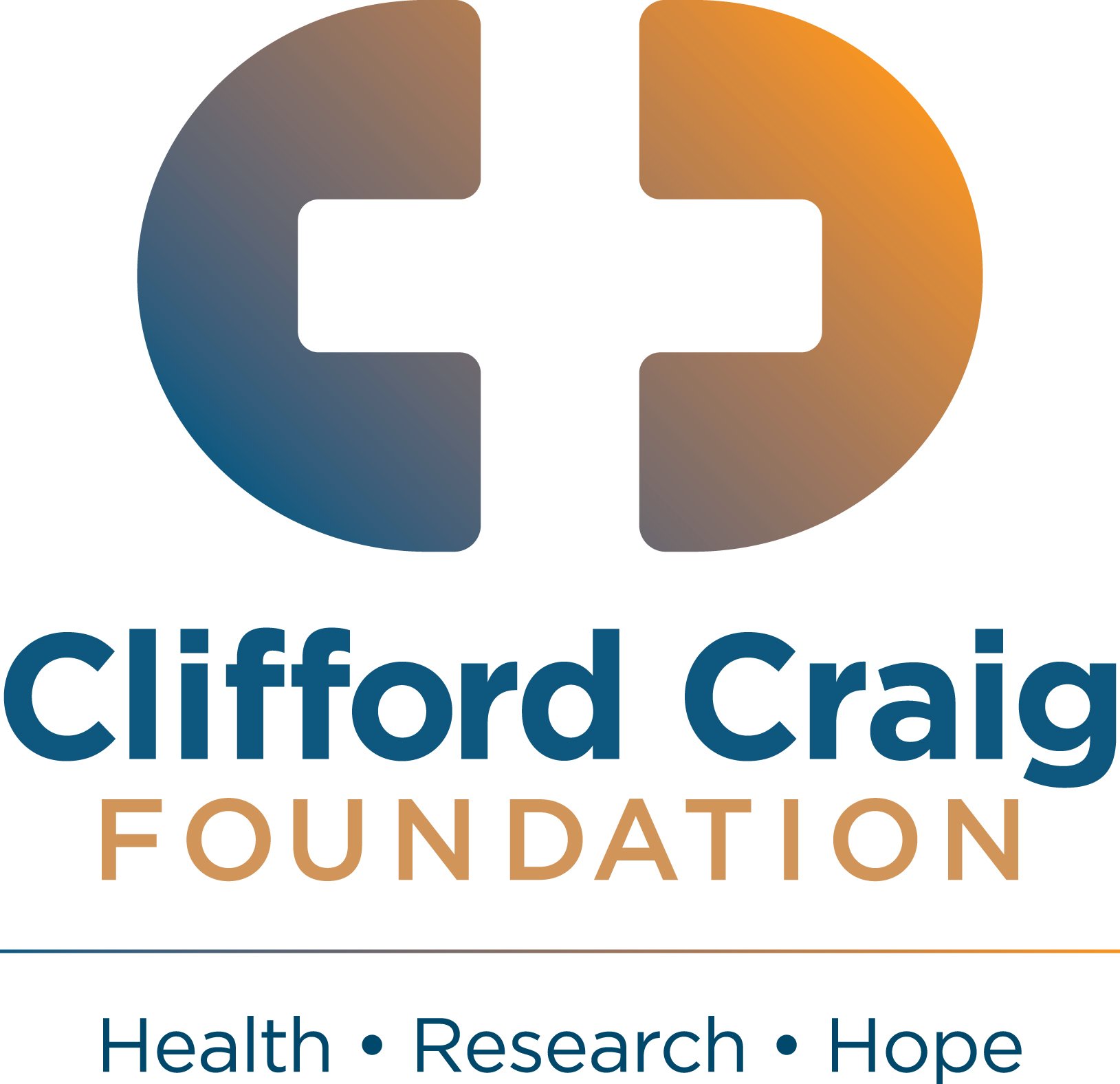Utilising probiotics to treat respiratory infections
Development of a novel probiotic approach to fight Haemophilus influenzae biofilms in the respiratory tract - Dr Brianna Atto - $76,650
Most people are familiar with the approach of taking probiotics to improve gut health. But what if a probiotic could be utilised in the respiratory tract to prevent infections?
The bacterium, Nontypeable Haemophilus influenzae (NTHi), is a major cause of respiratory infections.
This includes chronic middle ear infections in children and lung infections in those with chronic obstructive pulmonary disease (COPD), both of which can be difficult to treat.
This study aims to develop a therapy that can prevent NTHi gaining access to the respiratory tract, disrupt biofilm (bacteria clusters) formation and subsequently prevent infections caused by NTHi, and/or destroy biofilms once they have formed.
This novel approach combines the development of a therapy using a live, non-harmful bacterium that directly inhibits growth of NTHi and a protein-based form of the active agent.
Despite the tendency of NTHi to cause repeat and chronic infections – many with long-term consequences – lead researcher Dr Brianna Atto said there remains limited to no treatment options for it.
“In COPD patients, repeat infections accelerate the decline in lung function- essentially reducing a patient's lifespan,” she explained.
“In children, repeat ear infections cause damage to the ear, resulting in hearing loss at an important developmental stage of life.
“Right now, we have no way to prevent these infections and antibiotics have limited efficacy – especially when biofilms are involves.”
Because NTHi forms biofilms (bacteria clusters) which can be around 1000-times more resistant to antibiotics, this project could be a significant step forward in treating and preventing NTHi-associated infections.
“For a new therapy to be released into the public as a product, there is a long testing process that has to happen,” Dr Atto explained.
“We have already shown that our new therapy is effective in limiting the ability of NTHi to cause infection (in the lab)- but if it cannot also reduce the formation of- or eradicate NTHi biofilms, it will have limited use as a therapy in chronic cases.
“This project could give us the last piece of evidence we need to push this novel product into the next stage of development.”
“I hope that in the future, I can help prevent these chronic infections.”
Dr Brianna Atto
About the researcher
Dr Brianna Atto says she has always had a curious mind, including how the world works and a love of microbiology.
So much so that as a young child, she used to ask family members to collect mould samples (usually from spoiled food) so she could examine the different structures under a toy microscope.
Born and raised in Launceston, Brianna graduated with a Bachelor of Biomedical Science with Honours in 2017 and completed a Doctor of Philosophy (PhD) in 2023 – all at the University of Tasmania (Newnham).
She is now a Research Fellow at the UTAS and a Medical Scientist at the Launceston General Hospital, pursuing her interest in research – this time using real microscopes.
Her main area of research is the microbiology of respiratory diseases and in particular developing novel therapies to prevent and/or treat them.
This includes her current research project, aimed at developing a therapy that can treat and prevent Haemophilus influenzae biofilms in the respiratory tract.
“Although a personal vendetta wasn’t originally my intention – it just so happens that when I was a kid, I suffered constantly from the same ear infections I am now trying to prevent,” she explained.
“I hope that in the future, I can help prevent these chronic infections.”
Brianna credits her mentors for her professional development and passion for research, including Associate Professor Stephen Tristram and Associate Professor Robyn Marsh.


